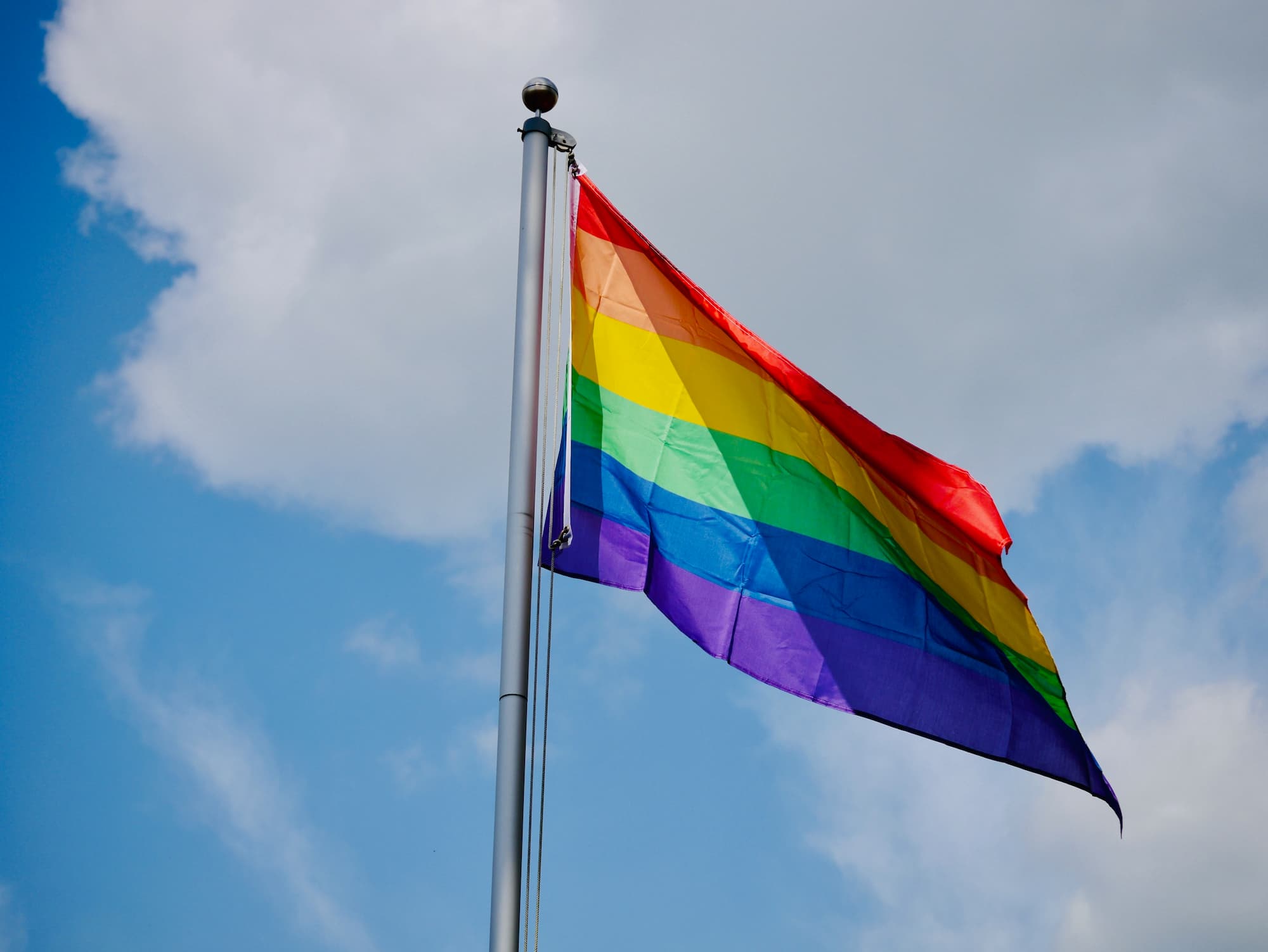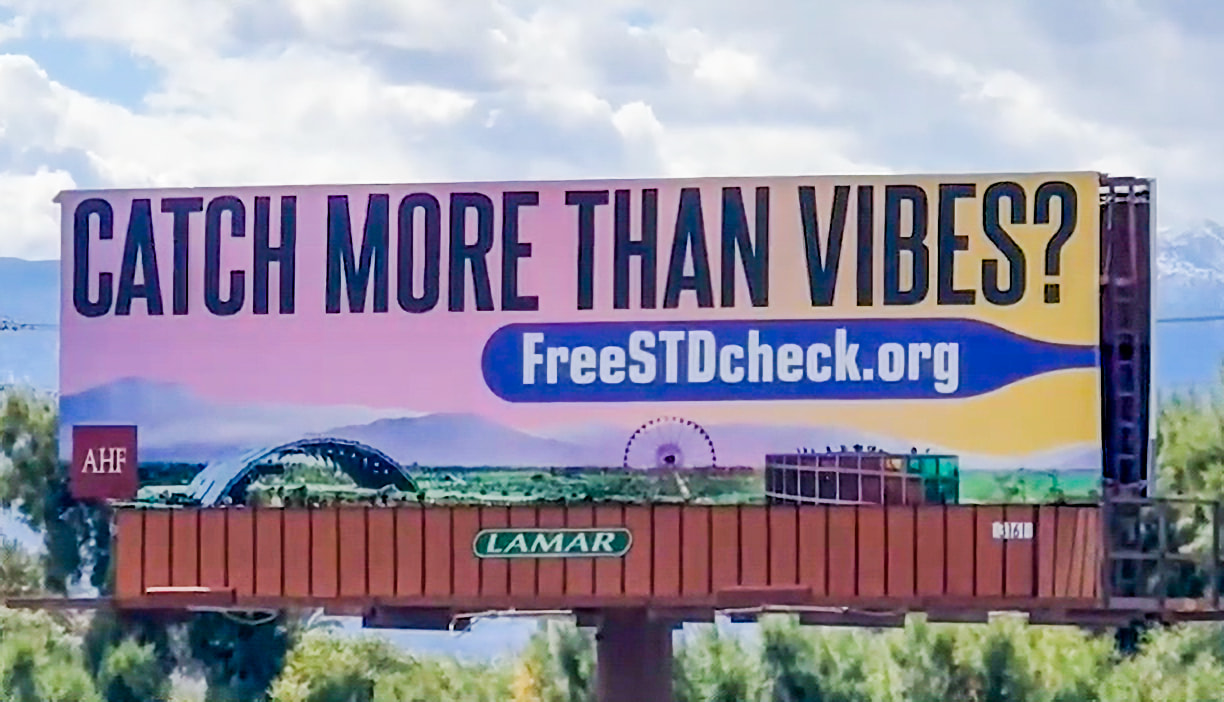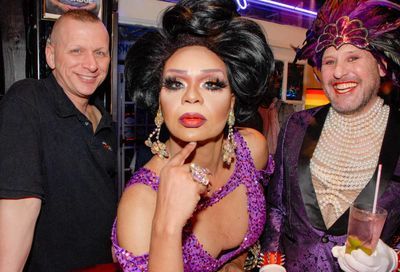California bill seeks to ban state-funded travel to anti-gay states
Bill would prohibit taxpayer money from financing trips to states with discriminatory laws

After spending the past few years attempting to beat back anti-LGBT legislation in multiple states, allies of the LGBT community are finding themselves on offense in California. A proposed bill slated for consideration by the legislature this session would ban government-funded travel to states with anti-LGBT laws.
Introduced by Assemblyman Evan Low (D-Campbell), the bill declares that it is the policy of the State of California to promote fairness and equality, and to both combat and avoid financing discrimination against the LGBT community. As such, the bill would require all state agencies, departments, boards, commissions and state university systems to “review all requests for state-funded or state-sponsored travel to any state with a law in effect that sanctions or requires discrimination on the basis of sexual orientation, gender identity, or gender expression.”
Under the bill’s provisions, state-funded or state-sponsored travel to a state with anti-LGBT laws would be prohibited, unless the travel was deemed “necessary for the enforcement of California law, to meet prior contractual obligations, or for the protection of public health, welfare or safety.” The travel ban for a certain state would continue as long as the discriminatory law remains in effect. However, Low told the Sacramento Bee that the ban only prohibits administrative travel, and does not apply to lawmakers or their staff for trips that are “political in nature.”
One such state that would be targeted by the bill is Indiana, where a “Religious Freedom Restoration Act” was signed into law last year by Gov. Mike Pence (R). Following the passage of Indiana’s RFRA, several major cities, including San Francisco and Oakland, joined a boycott of the state by refusing to reimburse or spend taxpayer money on travel to the Hoosier State. Those bans were later lifted after Indiana passed a legislative “fix” that attempted to clarify that the RFRA should not be used to discriminate against LGBT people. Low’s bill is based on that same concept: that by wielding its political and economic clout, a California boycott of state-funded travel could compel states to revise or repeal any discriminatory statutes.
That’s not to say that the legislation, as drafted, doesn’t have its flaws. For one, there’s the question of which states, beyond Indiana, would be deemed to have anti-LGBT laws in place. According to the National Conference of State Legislatures, 21 states have adopted RFRA laws that are still on the books. Many of those states are located in the South and lack comprehensive nondiscrimination laws. But a handful — New Mexico, Illinois, Connecticut and Rhode Island — also have LGBT-inclusive nondiscrimination laws on the books. Therefore, a broadly-crafted travel ban could end up penalizing states that have attempted to ensure LGBT people are treated equally.
To resolve this potential conflict, Low has said that legislative staff will examine the laws in the 21 states with RFRA-style laws and set a standard to determine to which states the travel ban would apply.
But anti-LGBT forces have been quick to denounce Low’s bill as shortsighted, pointing out that a travel ban would affect university athletic teams by prohibiting them from traveling to states whose laws are classified as hostile to LGBT people. Unless the standards for which states are considered anti-gay are clarified, California’s university sports teams might be forced to forfeit games.
Carl Gallups, a Christian author, radio host and Baptist minister, slammed the law in comments he made to Christian Today.
“While touting equality for the LGBT community, apparently they are more than willing to trample upon and completely redefine the First Amendment liberties of other groups,” Gallups said. “I really do not think that Mr. Evan Low thought this matter through before submitting this knee-jerk legislation. It is certainly bound to be fraught with all sorts of legal ‘loop-holes’ and workarounds.”
Added Gallups: “I can’t imagine California attempting to conduct its normal affairs of state in cooperation with the rest of the nation, while being hamstrung with such an absurd piece of legislation.”
Support Metro Weekly’s Journalism
These are challenging times for news organizations. And yet it’s crucial we stay active and provide vital resources and information to both our local readers and the world. So won’t you please take a moment and consider supporting Metro Weekly with a membership? For as little as $5 a month, you can help ensure Metro Weekly magazine and MetroWeekly.com remain free, viable resources as we provide the best, most diverse, culturally-resonant LGBTQ coverage in both the D.C. region and around the world. Memberships come with exclusive perks and discounts, your own personal digital delivery of each week’s magazine (and an archive), access to our Member's Lounge when it launches this fall, and exclusive members-only items like Metro Weekly Membership Mugs and Tote Bags! Check out all our membership levels here and please join us today!





















